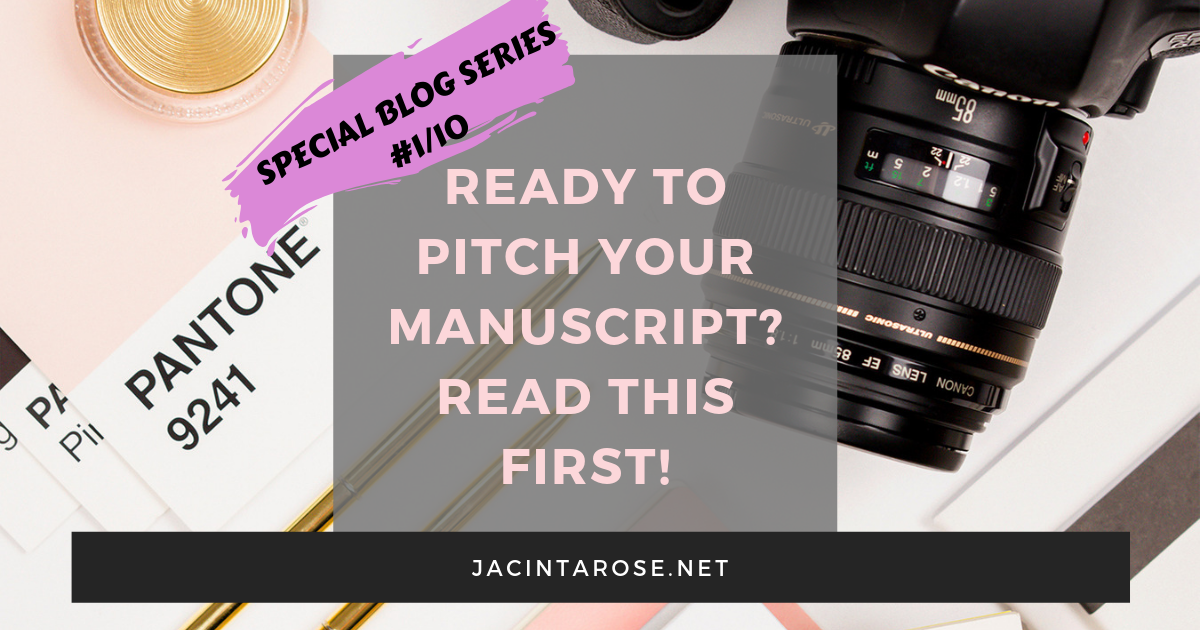10 WEEKS TO GO!
This post is the first in a 10 part series in the lead up to a writing conference being hosted by Fiona McIntosh (October 2019). Please follow along with my weekly posts about how I’m preparing my manuscript and myself ‘mentally’ for this wonderful opportunity.
Have you ever been to a speed date event? You know, where you meet a possible suitor across a table and have mere minutes to dazzle them into wanting a real date with you? Well, I have an opportunity in October to meet with PUBLISHERS during a speed pitching event and must thrill them with my story concept so that they’ll want to see my full manuscript. I’m already dying from nerves!
I’ve had one brief experience with pitching a story concept. I have, however, had over a decade of experience in pitching stories to the media — I’ve worked in public relations and as a freelance writer, so I’ve always had to ‘sell’ a story in one shape or another. I’m hoping some of that experience translates into a you-can’t-pass-on-this-manuscript pitch and that my story is wanted!!
I’ve been reading and researching tips on how to prepare for this pitch. I’ve also been chatting with my writing group as we’ll be meeting at the conference, and will all be having a go at pitching.
If you have the opportunity to do the same, I wanted to jot down and share my experiences, as well as tips I’m discovering along the way. Please share with me if you have any tips of your own — I’d love to know it before my big event!
My tips
I’m going to start with some simple and perhaps obvious tips:
- Prepare, prepare, prepare – Write and re-write your pitch (from your synopsis) until it is as succinct as you can make it, and you can confidently say it. Think of your verbal pitch as an actor’s lines when they go for an audition. I’ve been caught many times mumbling my pitch to myself and even swinging my hands about and shaking my head as I practice. My neighbours must think I’ve gone mad!
- Picture your book on the shelf already – Be prepared to answer questions about the type of story you’ve written — the genre, your writing style, authors similar to you and book titles that your story would fit with. Is there a reason or situation that might boost the need for your story? E.g. highlight something happening in the world that makes your story relevant like the Me Too movement for a women’s title.
- Know yourself – Have a line ready about who you are and what kind of writer you see yourself being. Do you have a future plan for your writing career? Don’t say you just want to publish this one story!
- Practice – Try out your pitch with other writers or someone you trust. Use this as an opportunity to quash some nerves and take on board feedback that could help you present the best pitch possible.
I know I’m yet to be a published author, but these tips come from a place of working in PR. I’ve pitched lots of news stories to newsrooms and when I’m prepared, have practiced and ready to answer any questions that come my way, I simply pitch better and confidently.
What the industry experts say
There are plenty of great resources online about creating the best elevator pitch for your manuscript, here’s a small sample of tips that I liked:
Jericho Writers: They suggest that a pitch should be “Unique, Striking, Fresh [and] Compelling.”
Thriller Fest: Their top tips? Stick to 25 words or less and start with a big “What if?” question.
BookBub: Among the great tips in this guest post, the one I liked most was to consider why your reader should care about your book. Will they be “…educated or entertained, inspired or challenged”?
She Writes: This post focuses a lot on what you, the author, can do not just what your book is about. They suggest including or at least being prepared to answer questions about any writing or publishing experience you have (including corporate work, any kind of talks etc) and demonstrating that you’ll be willing to promote your own book. On that note, they also suggest working on a website and/or social media before going to pitch so that you can show you’re willing to put yourself out there as an author.
I hope these tips help you when you’re ready to put your work forward. It’s a nervous task to take on but preparation and practice will put you ahead of the pack.
J x
Read more about what I’m doing:

